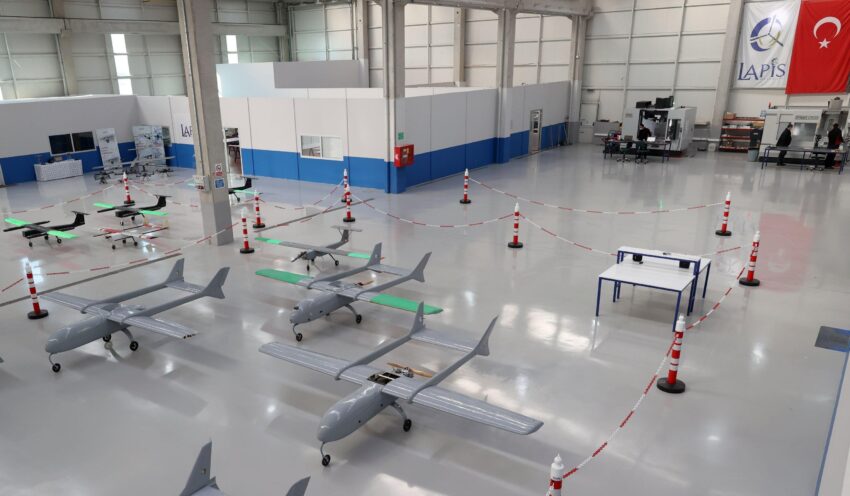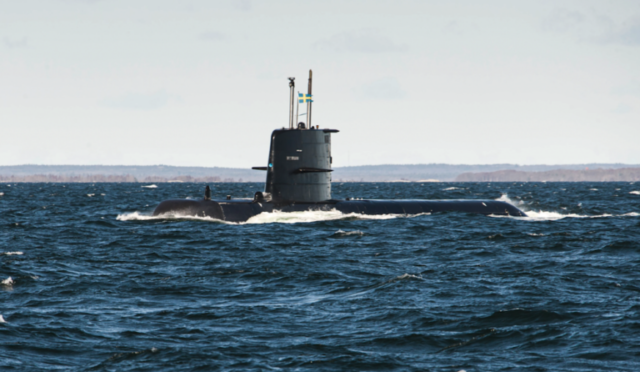UAV Production Plant: Meridein Group’s Innovative Project
Estonian company Meridein Group is making strides in enhancing the defense capabilities within the Baltic region by initiating the construction of a state-of-the-art unmanned aerial vehicle (UAV) production plant. As reported by local news outlet ERR, this facility is expected to have an impressive production capacity of up to 2,000 drones per day. However, the exact location of the plant remains undisclosed. According to projections, the first drones are slated to roll off the production line in the first half of 2026, with the initial batch including first-person view and reconnaissance UAVs, as well as strike drones.
The establishment of this UAV production plant reflects Meridein Group’s commitment to advancing regional security through technological innovation. With an emphasis on high-capacity manufacturing, this project could significantly bolster the Baltic nations’ defense strategies. As these countries continue to navigate a landscape of heightened military activity, the introduction of domestically produced drones may provide a crucial advantage in real-time surveillance and response capabilities.
Security Through Growth
In light of escalating military tensions, particularly due to increased Russian military activity, the Baltic countries have been proactive in augmenting their surveillance and reconnaissance operations. There has been a notable uptick in airspace violations, prompting NATO members to take decisive actions. In April, for instance, several Russian aircraft were intercepted as they approached the Baltic Sea. On one occasion, Polish airmen were required to intercept Russian planes three times within just two days, underscoring growing concerns over airspace security.
In response to these threats, Latvian defense startup Origin Robotics recently launched BLAZE, an innovative, AI-driven man-portable radar detection system. This groundbreaking technology is designed to autonomously detect and neutralize aerial threats, showcasing the region’s initiative to enhance its defensive capabilities against potential aggressions. Furthermore, Lithuania has also committed to collaborating with five NATO allies to construct a ‘drone wall,’ a strategic deployment of UAVs intended to fortify its borders. This continuous investment in drone technology exemplifies the Baltic states’ dedication to safeguarding their airspace.







